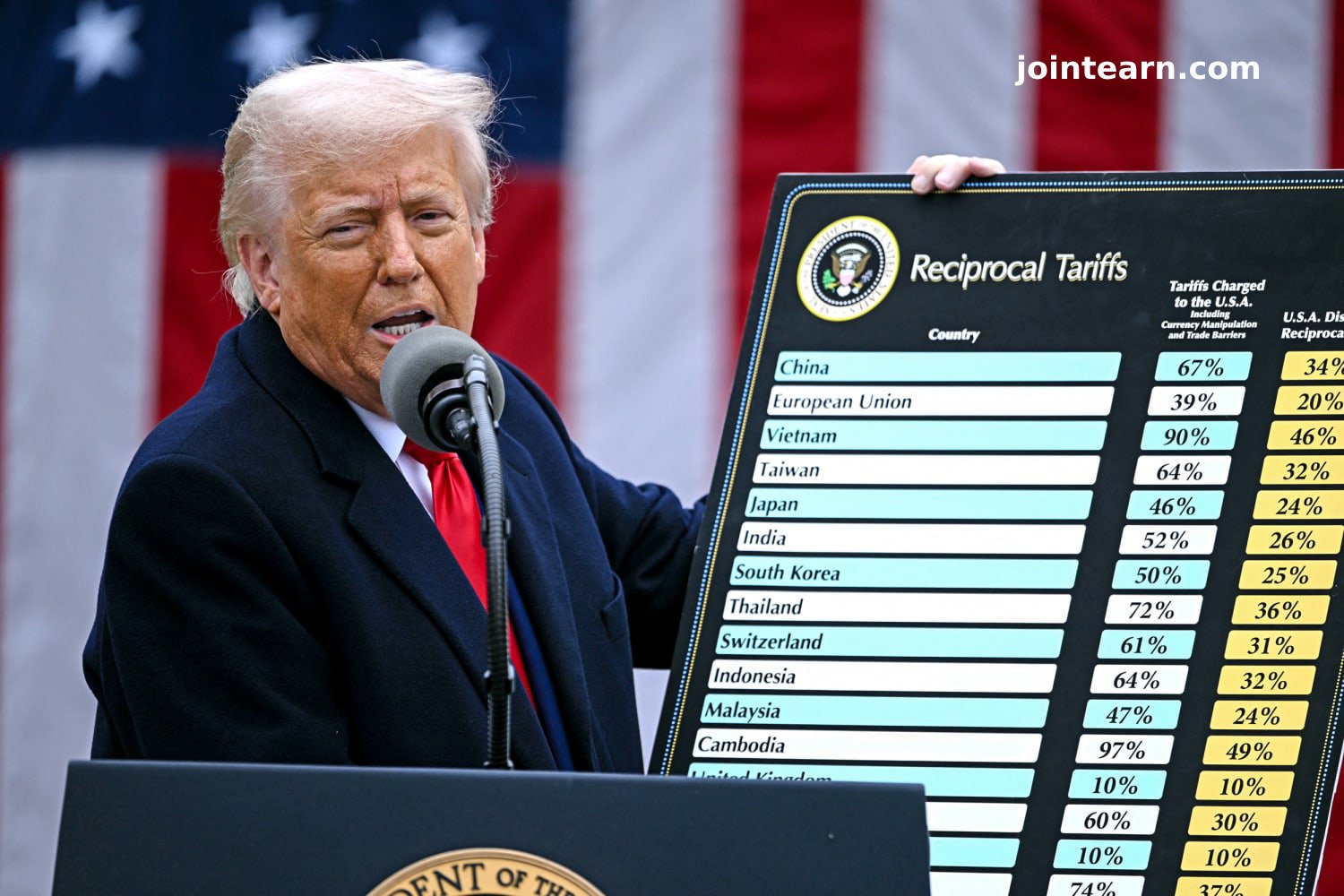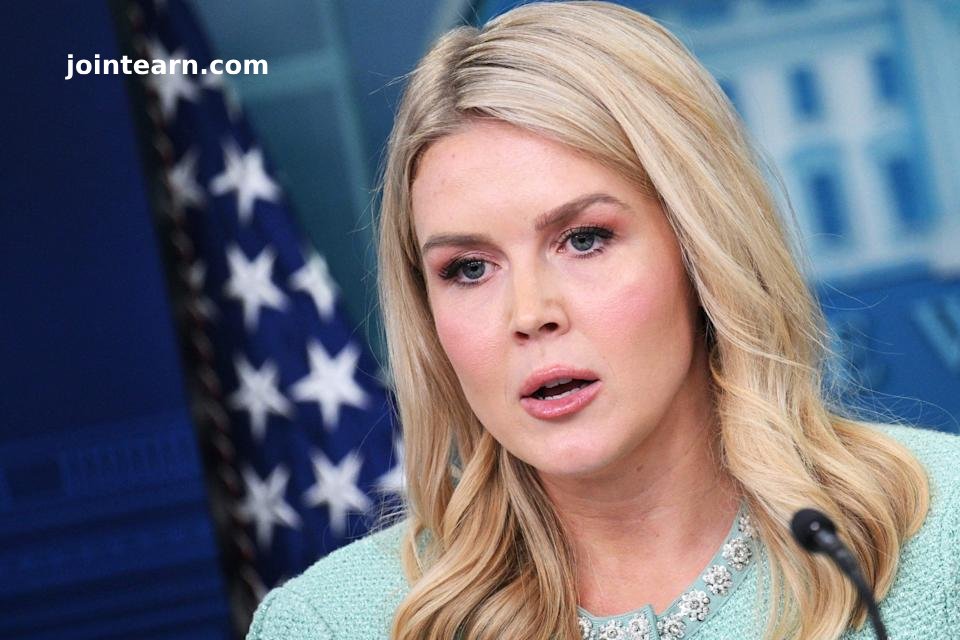With just over 70 days left before a looming tariff hike, President Donald Trump faces mounting pressure to finalize new trade deals with 75 countries. The self-imposed 90-day tariff pause is quickly ticking down, and experts are skeptical that meaningful US trade negotiations can be completed within such a short window.
International trade specialists told Business Insider that achieving comprehensive Trump trade deals before the clock runs out will be extremely difficult. Many of the 10% blanket tariffs already imposed by the Trump administration conflict with existing trade agreements, adding to the complexity.
“There’s no way,” said Willy C. Shih, a Harvard Business School professor, when asked if 75 countries could reach new deals before the tariff moratorium ends. Shih explained that each trading partner has unique economic profiles and interdependencies, making quick solutions unrealistic.
Scott Lincicome, vice president of general economics at the Cato Institute, echoed these doubts. He pointed out that even the fastest US trade agreement historically took at least six months to finalize — far longer than the few weeks Trump has left.
The Trump administration initially claimed it was aiming for “90 deals in 90 days,” but recently shifted its language to focus on “frameworks” and “term sheet agreements” rather than finalized deals.
“The administration is talking less about finished agreements and more about principles and issues they plan to discuss,” Lincicome said. “It’s just the first inning of a very long ball game.”
Despite Trump’s public optimism, no substantial deals have been signed yet. Commerce Secretary Howard Lutnick insisted during a Fox News interview that Trump remains “totally in the driver’s seat” on tariffs and trade negotiations. Meetings with over 75 countries are reportedly “back-to-back,” but progress appears limited.
Peter Navarro, Trump’s counselor on trade, similarly stated that deals are “unfolding exactly like we thought” during an NBC News interview. However, Treasury Secretary Scott Bessent privately admitted that a trade deal with China could still take “two to three years,” highlighting contradictions within the administration’s messaging.
There are also conflicting narratives about the state of Trump tariffs negotiations with China. Trump has claimed that discussions are ongoing, while Chinese officials have publicly denied active talks.
Meanwhile, progress with other key partners like Japan remains stalled. Despite Trump claiming “big progress,” Japan’s chief negotiator Ryosei Akazawa left Washington without signing any agreement as of April 25. Meetings with Thailand’s finance minister were also postponed.
The Office of the U.S. Trade Representative (USTR) maintains that efforts are moving forward under a “rigorous framework.” However, experts like Philip Luck from the Center for Strategic and International Studies caution that any agreements rushed through under pressure could lack real substance.
Luck warned that the administration might settle for vague “agreements in principle” that do little to resolve actual trade barriers. He emphasized that strong trade deals require extensive negotiation over labor, environmental standards, dispute resolutions, and more — a process that typically takes months if not years.
As the trade war 2025 scenario unfolds, the Trump administration finds itself trapped by its own aggressive timeline. Foreign governments, sensing U.S. urgency, may deliberately slow the process or offer unfavorable terms.
“The market blowback has flipped the script,” Lincicome noted. “Now Trump has put pressure on himself, giving leverage to other countries.”
While economists agree that the return of tariffs may not devastate the average American, they warn that it could cause significant consumer frustration — and political fallout for Trump.
“We’ve shot ourselves in the foot,” Luck said. “Trade deals usually start with negotiation, not tariffs and trade wars.”












